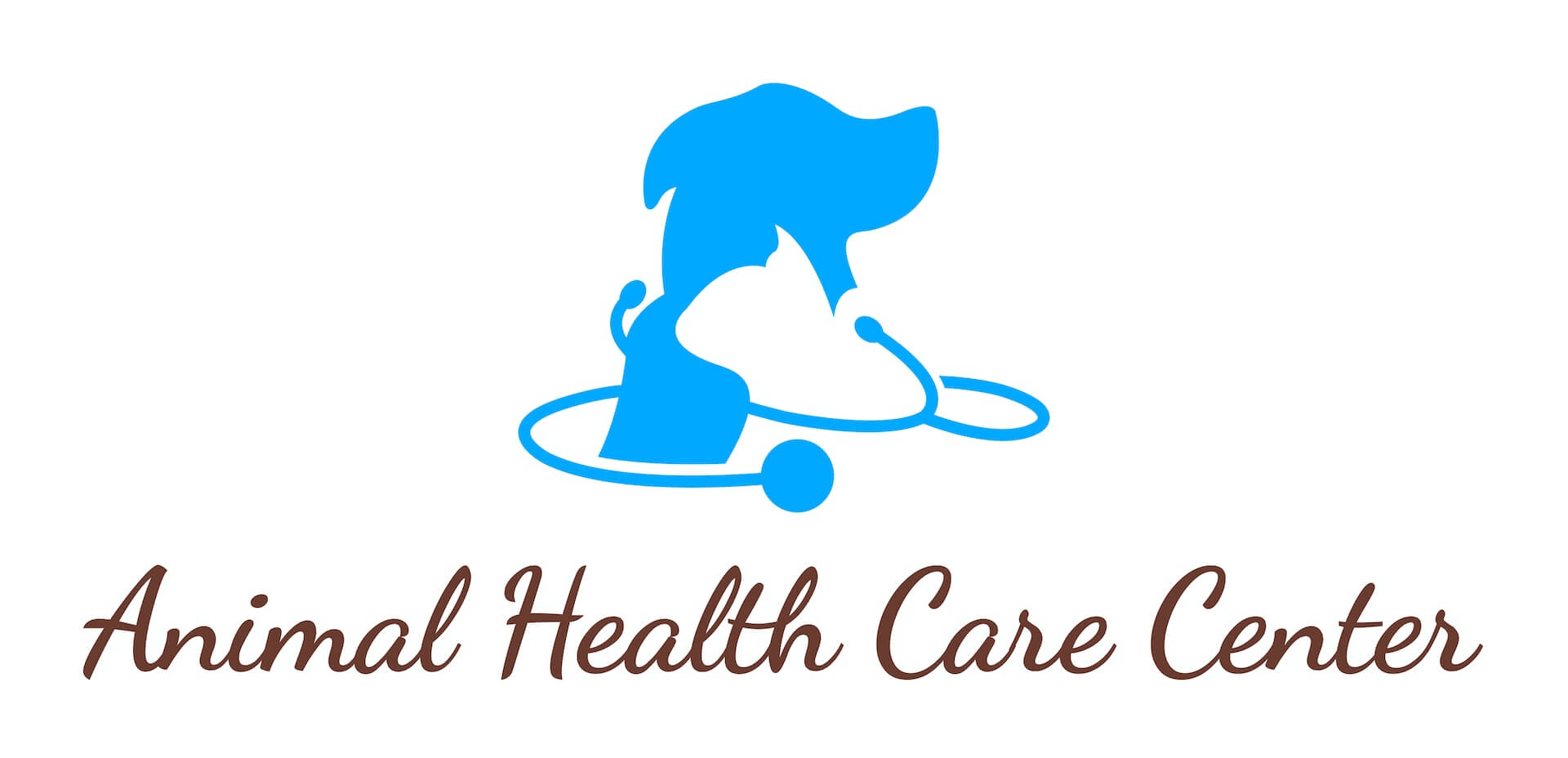Animal Health Care Center offers numerous, comprehensive pet dental services to keep your dog or cat’s oral health at its best. Did you know that, on average, by AGE THREE, pets have obvious signs of dental disease?
As the field of veterinary medicine continues to evolve, we learn more and more about just how important the proper care of their mouths can be. Right from the beginning, the biofilm of bacteria starts to build up. This eventually develops into tartar and also leads to local inflammation (gingivitis). When untreated over time it causes periodontal disease which leads to not only tooth and tooth root destruction but also all kinds of other internal organ issues: jaw bone destruction, heart disease, kidney disease, uncontrolled diabetes, and more!
You may see signs of problems directly related to the mouth: bad mouth odor, drooling, inability to eat/chew, one side of the mouth having significantly more tartar than the other (this indicates they are actively avoiding chewing on one side due to pain), mouth pawing, facial swelling (due to tooth root abscesses), bleeding gums, root exposure, loose and/or missing teeth, and more. You may also see signs on bloodwork and other testing.
The best way to avoid these problems is to use a combination of dental care at home and at the veterinary clinic. Here at the clinic, we provide an array of dental services that include full mouth dental radiography (this is extremely important as quite a lot of dental disease in animals happens below the gum line and there are a LOT of diseases that can be missed without taking dental xrays!), dental prophy (where we use an ultrasonic scaler above and below the gum line to clean off all the tartar and bacteria present as well as polish the teeth), probe the teeth (for evidence of gingival pockets/abscesses or cavitated lesions or other signs of disease) and extraction of diseased teeth if needed. The best way to avoid the extractions is to get routine dental cleanings done before the teeth get bad as well as using some of the supplements mentioned below.
Dental Care Supplements:
On the veterinary side, we do have a similar association to the ADA (American Dental Association) that you can actually look for on the label of pet dental products to see if they've been legitimately evaluated or not. I won't use anything but those to begin with. It's called the VOHC which stands for the Veterinary Oral Health Council.
There are five main ways we recommend to do dental care/supplementation - NOT IN ORDER OF IMPORTANCE* (you don't have to do all of them). Our main favorite company for this is Virbac (dental products are just their jam; Zoetis does allergy and joint care, Virbac does dental care). There are other options out there, but they just don't seem to be as good.
Chews: Chews come in multiple forms a rawhide type form, a rubbery type form, and others. We think the biggest thing for toothchews is you want something that is NOT super hard (like people will get their big dogs deer antlers - we see so many broken teeth with these). You want something that is semi-soft so it is rubbing on their teeth and they take their time chewing on (i.e. it's not just gone in two bites) and it has oral antibacterial agents in it. **The risks with ANY chew are always going to be the possibility of choking as well as obstructions so please keep that in mind if giving your pet chews of any kind. Here are links to a couple of our favorites (Dr. Rachal personally prefers the veggie dent ones the most):
Water Additives: This is something you literally just squirt into the water and every time they get a drink, they're staying hydrated and getting a mouthwash type action that focuses on fresher breath and tartar control. Here's a link:
Oral Rinse: There's also an oral rinse/mouthwash that has an antibacterial agent in it. It comes with a little nozzle and you lift up the lip and squirt the teeth (just the outside of the teeth not the inside) of the upper and lower aspects, both sides, once a day. This one is a bit more labor intensive but still doesn't take too long and is what we typically send home post-extraction to help with mouth healing as well. Here's a link:
PerioSupport: This powder is something you actually add to their food. The oral immune system weakens with age and that plays a role in dental disease as they get older. This powder can actually help with this aspect. It contains natural ingredients and specific bacteria that actually replenish the good oral bacteria that fit off and kill the bad biofilm making mouth bacteria that lead to tartar and plaque. **This one more than anything else is probably what we recommend the most beyond gold old fashioned tooth brushing. We do recommend starting with giving half of what they recommend per weight for the first couple of weeks and then increase up just to stave off any potential GI upset. If it causes any issues, keep at the half amount.** Here's a link for this one:
Tooth Brushing: Lastly, and certainly BEST, good old-fashioned tooth brushing. Some dogs and cats like it. Some hate it. It's the gold standard just like in people but takes time and effort just like in people and we recognize that, hence the other options as well. Here's a link to what the dog toothbrush and toothpaste look like:
